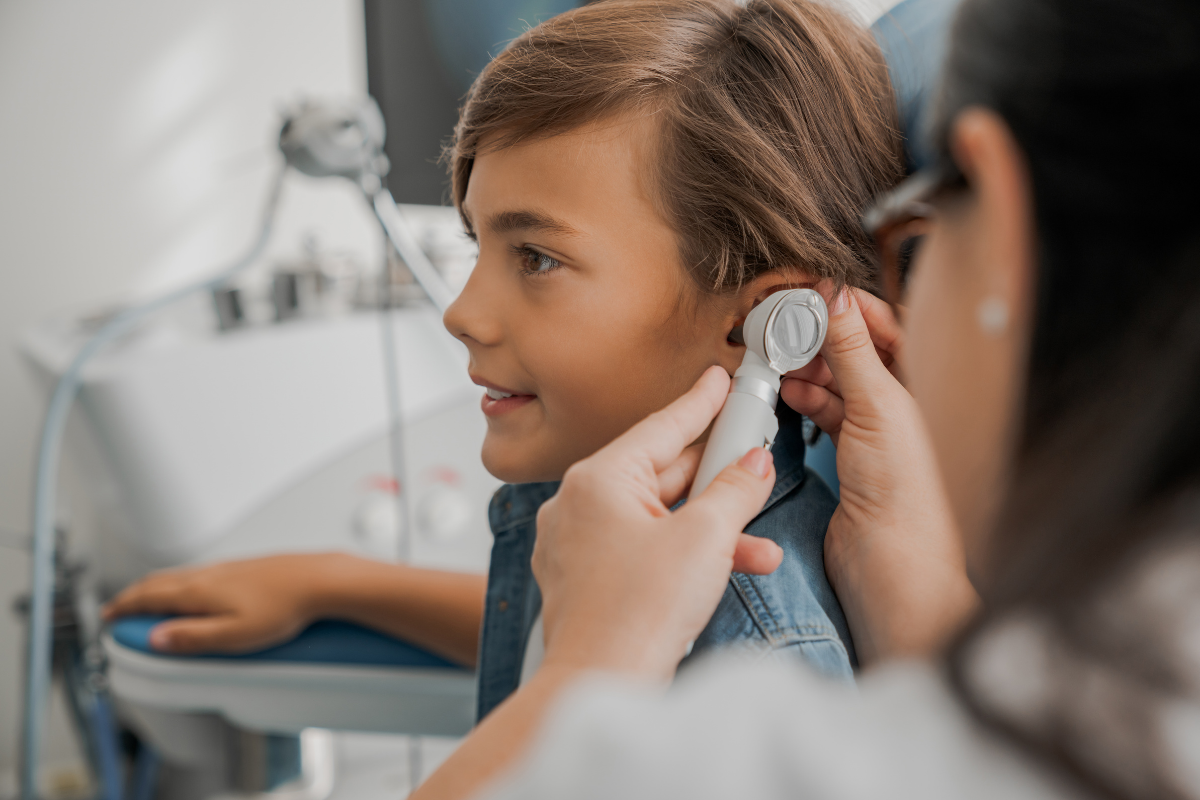Hearing loss doesn't just affect your ears; it can profoundly impact your mental well-being.
Understanding the Link Between Hearing Loss and Mental Health
Hearing loss is more than just a physical ailment; it has far-reaching implications for mental health. When adults experience hearing loss, they often find it challenging to engage in everyday conversations, which can lead to feelings of frustration and embarrassment. Over time, these emotions can accumulate, contributing to stress and anxiety.
Research has shown that there is a significant correlation between hearing loss and an increased risk of mental health disorders such as depression and anxiety. The inability to hear properly can cause individuals to withdraw from social interactions, leading to a sense of isolation and loneliness. This withdrawal can exacerbate mental health issues, creating a cycle that's difficult to break without proper intervention.
Common Mental Health Issues Associated with Hearing Loss
Individuals with hearing loss are at a higher risk for a range of mental health issues. Depression is particularly common, as the condition can lead to feelings of hopelessness and a diminished interest in activities once enjoyed. Anxiety is another frequent companion, often driven by the stress of not being able to hear and understand conversations, which can make social interactions daunting.
Cognitive decline is also a concern. Studies suggest that untreated hearing loss may accelerate cognitive deterioration, possibly due to the increased cognitive load required to process sounds and conversations. This additional mental strain can lead to fatigue and a further decline in mental health.
Social Isolation and Its Psychological Effects
Social isolation is one of the most significant psychological effects of hearing loss. When individuals struggle to communicate, they may start to avoid social settings to prevent awkwardness and misunderstandings. Over time, this can lead to a reduced social network and a sense of being disconnected from society.
The effects of social isolation are profound. It can lead to severe emotional and psychological issues, including chronic loneliness, increased stress levels, and a higher risk of developing serious mental health conditions like depression and anxiety. The lack of social interaction can also negatively impact self-esteem and self-worth, further contributing to the cycle of mental health deterioration.
Coping Mechanisms and Support Systems
Fortunately, there are several effective coping mechanisms and support systems available for individuals experiencing hearing loss. Hearing aids and cochlear implants can significantly improve hearing ability and, consequently, quality of life. These devices can help individuals engage more fully in conversations and social activities, reducing feelings of isolation.
Support groups and counseling can also play a crucial role. These resources provide a safe space for individuals to share their experiences and feelings, fostering a sense of community and understanding. Mental health professionals can offer tailored strategies to manage stress and anxiety related to hearing loss, helping individuals develop a more positive outlook.
The Importance of Early Detection and Treatment
Early detection and treatment of hearing loss are essential for mitigating its impact on mental health. Regular hearing screenings can help identify hearing loss at an early stage, allowing for timely intervention. The sooner hearing loss is addressed, the better the outcomes for both hearing and mental health.
Treatment options such as hearing aids, cochlear implants, and auditory training can significantly improve hearing and quality of life. In addition to medical treatments, psychological support and counseling can help individuals cope with the emotional and psychological challenges associated with hearing loss. Early intervention can prevent the downward spiral of social isolation and mental health decline, making it a critical component of overall health care.
Subscribe by email
You May Also Like
Related Posts

Audiologists Advice To Facilitate Communication With the Hearing Impaired

Are Musicians at Greater Risk of Hearing Loss?

